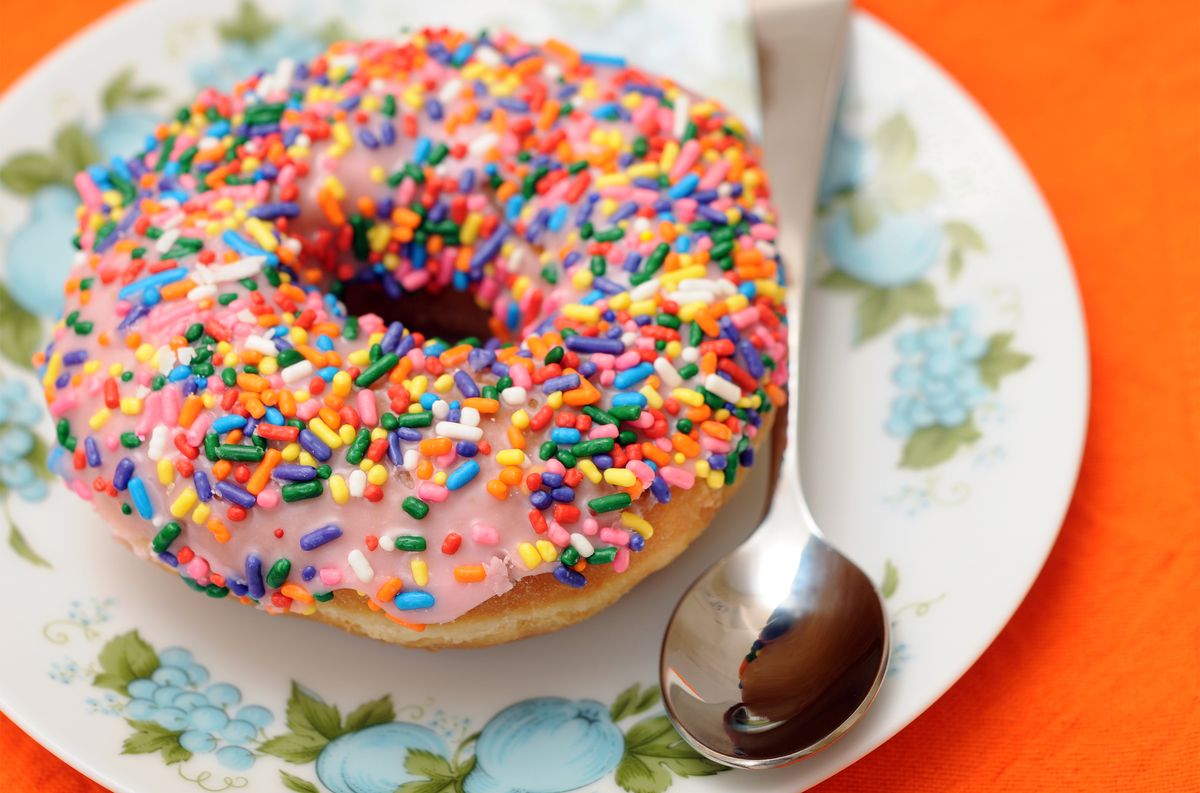 The University of Illinois’ Robert Rushing has waded into the fight over sugar—but he’s not a scientist. Sugar has been much in the news (including here at PS) following a widely publicized study by doctors Robert Lustig and Sanjay Basu, which appeared to conclusively link a sweet tooth to Type-2 diabetes. Rushing, a professor of comparative literature, doesn’t dispute the science, but does wonder about the terms we’re using to discuss it:
The University of Illinois’ Robert Rushing has waded into the fight over sugar—but he’s not a scientist. Sugar has been much in the news (including here at PS) following a widely publicized study by doctors Robert Lustig and Sanjay Basu, which appeared to conclusively link a sweet tooth to Type-2 diabetes. Rushing, a professor of comparative literature, doesn’t dispute the science, but does wonder about the terms we’re using to discuss it:
Sanjay Basu does not use the term “toxic” himself, and for a very good reason. Everything is toxic. You already knew that drinking gasoline or bleach was toxic, and that tea laced with plutoniumwas toxic, but it gets worse. Excessive consumption of water will kill you, and I’m not even talking about its more dangerous form:dihydrogen monoxide. You’ll hit a toxic dose of caffeine after consuming about 5 gallons of coffee. Coffee is toxic! Alcohol is certainly toxic. Salt is toxic (and moreover, is made out of two deadly poisons, sodium and chlorine). Protein is toxic, too. Meat is toxic!
Fine, we get it. But isn’t that nitpicking?
In ancient Greek, just one word, pharmakon, denoted both poison and medicine (the modern English “drug” encompasses two similarly opposed ideas). Everything that we take into our bodies has elements of both, and the relationship between our food and our health is extremely complex.
Certainly many things that are good for us in one amount can be harmful to us in another amount (a certain minimal amount of salt is actually necessary for life, while too much can cause hypertension, dehydration, muscle cramps, osteoporosis and more).
Worse still, some things give us a health advantage in one area, but harm us in another. So, sure, sugar is toxic—like everything else, from water to protein.
The rest of the political-linguistic argument is at Inter Alia, Rushing’s blog.
(A disclosure: Rushing is a friend. I came across the post via his Facebook page.)



Shares